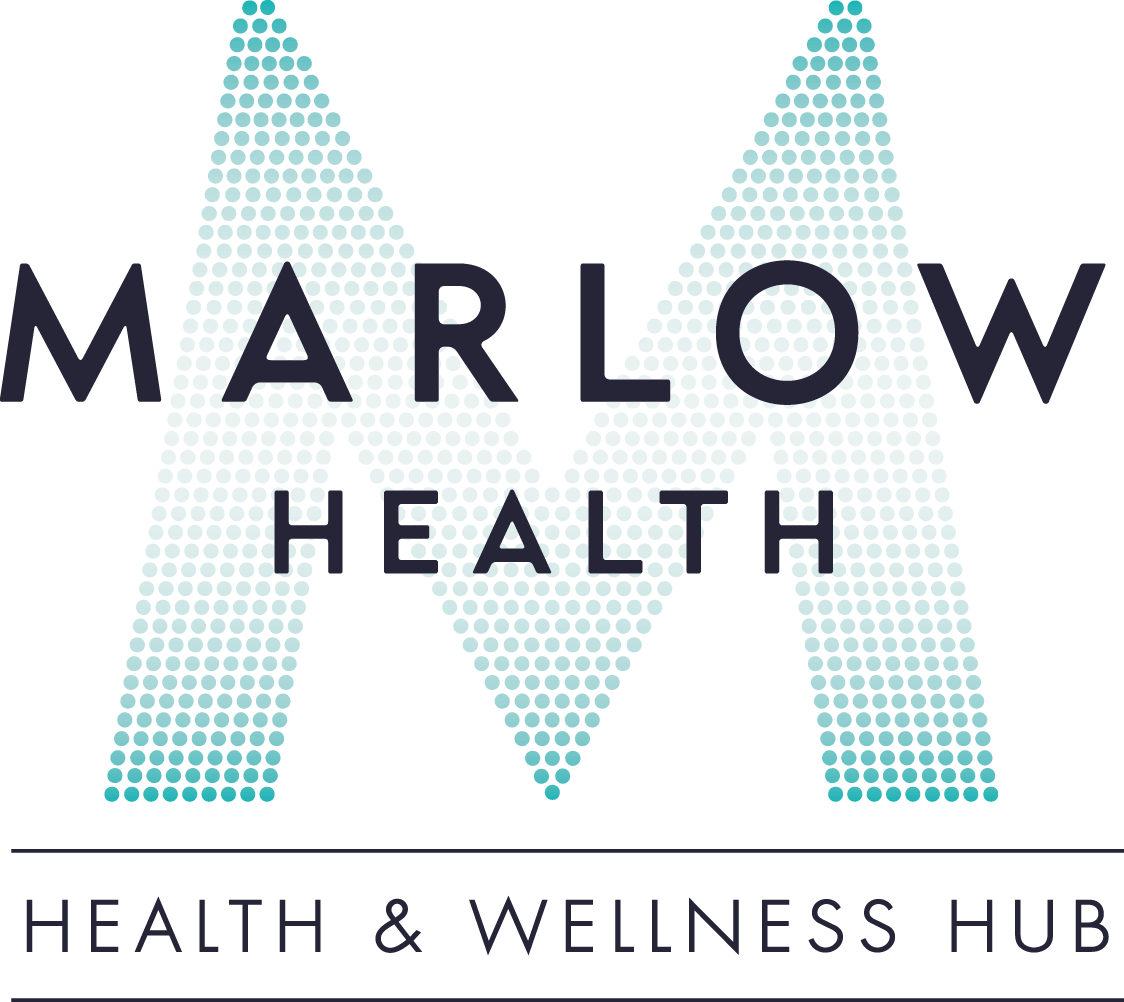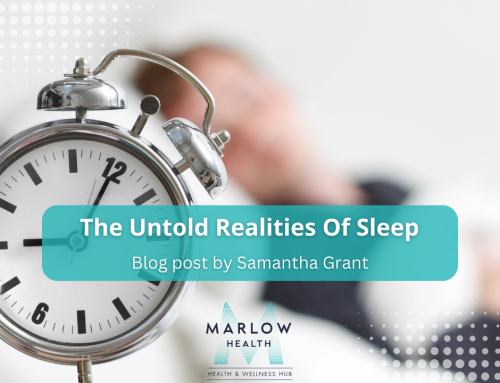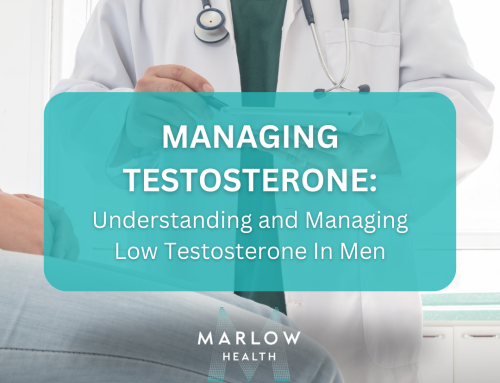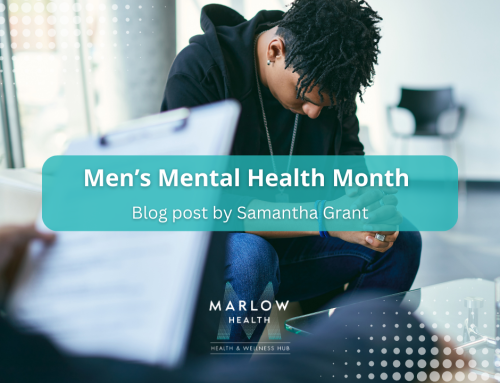Winter Health Hack: Boost Your Vitamin D to Stay Strong, Happy, and Healthy!
Did you know that vitamin D is an essential nutrient that plays a big role in our overall health and well-being? Unfortunately, during the winter months, it can be tough to get enough of this nutrient from natural sources. 😔
But don’t worry, there are some simple ways we can make sure we’re getting enough vitamin D during the colder months. Here are a few reasons why it’s important to prioritise vitamin D during the winter:
1. It helps maintain strong bones. 🦴 Vitamin D is crucial for the absorption of calcium, which is necessary for healthy bones. Without enough vitamin D, our bodies may not be able to properly use calcium, leading to a higher risk of bone loss and fractures.
2. It supports the immune system. 💪 Vitamin D helps regulate the immune system and may help reduce the risk of respiratory infections, such as the flu and common cold.
3. It may improve mood. 😌 Some research suggests that vitamin D may be linked to mood and mental health. Low levels of vitamin D have been associated with an increased risk of depression and other mental health issues.
4. It may help with weight management. 💪 Some studies have found that people with low levels of vitamin D may be more likely to be overweight or obese. Adequate vitamin D intake may help support weight management efforts.
So, how can we make sure we’re getting enough vitamin D during the winter?
One option is to take a vitamin D supplement, which can be found at most pharmacies and supermarkets. 💊 The NHS recommends everyone takes a supplement containing 10 micrograms of vitamin D in autumn and winter.
It’s also possible to get vitamin D from certain foods, like fatty fish, egg yolks, and fortified foods like milk and cereal. 🍳 However, it can be hard to get enough vitamin D from diet alone, especially during the winter when sunlight is limited. ☀️
In conclusion, it’s important to prioritise vitamin D during the winter to support strong bones, a healthy immune system, good mood, and weight management. If we’re unable to get enough vitamin D from natural sources, taking a supplement can help us meet our daily needs. 💪
